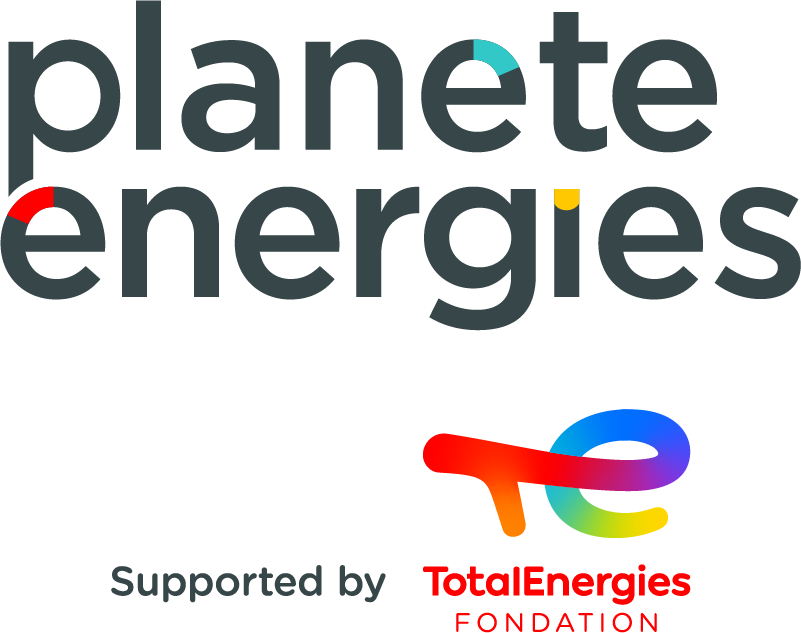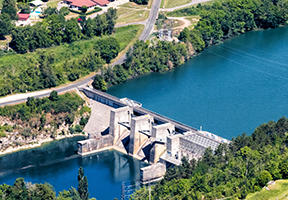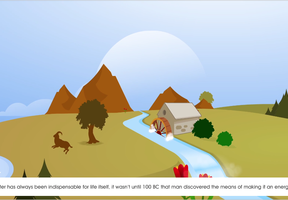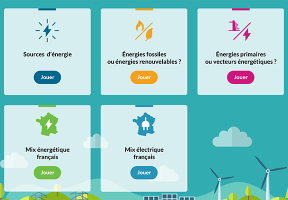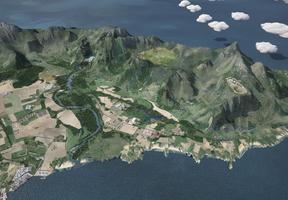What is Hydropower ?
2 min read
Advantages and disadvantages of large dams (mountains and rivers). Hydroelectric is the electrical energy produced by converting the of water into . The kinetic energy of a water current, whether natural or generated by a difference in water level, is transformed into by a turbine.
What is hydropower?
Hydropower is electrical energy generated by converting the kinetic energy of water into electricity.
The kinetic energy of a water current, whether occurring naturally or engineered via a difference in height, is turned into mechanical energy by a turbine and then into electrical energy by an alternator.
Disadvantages hydropower
The power plants have to be installed on sites with very specific terrain and have a significant impact on local communities, fauna and flora.
Advantages of hydropower
Hydropower is a form of renewable, clean energy.
The production facilities last for a long time.
They can generate very large amounts of electricity.
Hydropower represents 16% of global electricity production, after (40%) and gas (19%).
China is the world’s largest producer of hydropower (28.5%), far ahead of Brazil, Canada and the United States.
Some developed countries have largely fulfilled their production potential.
In emerging economies, major hydropower projects may still be held back by environmental and social issues.
Summary:
- Hydropower = Electrical energy generated by converting the kinetic energy of water.
- Projects held back in some emerging economies by their impact on local communities and the environment.
- Disadvantages: very specific terrain needed for sites.
- Advantages: clean, ; long-lasting facilities; high production volumes.
View more videos here
